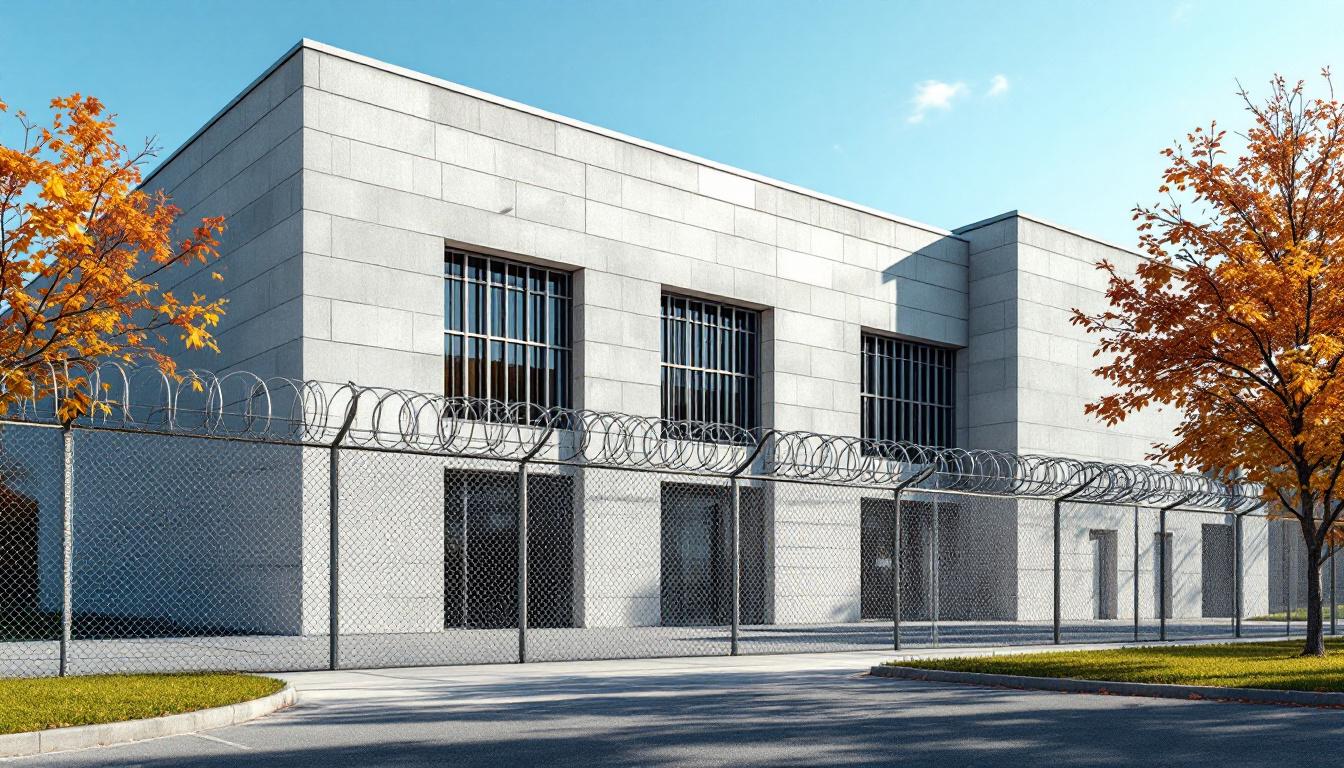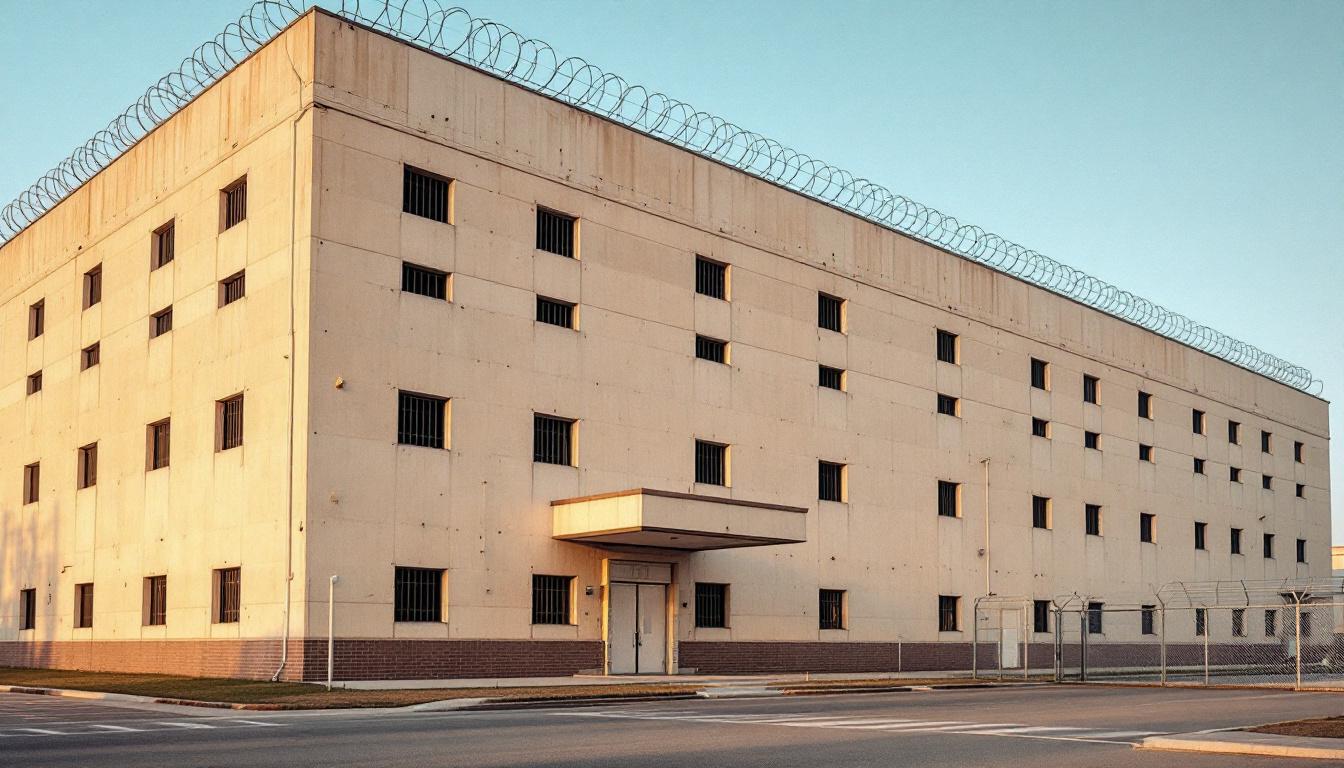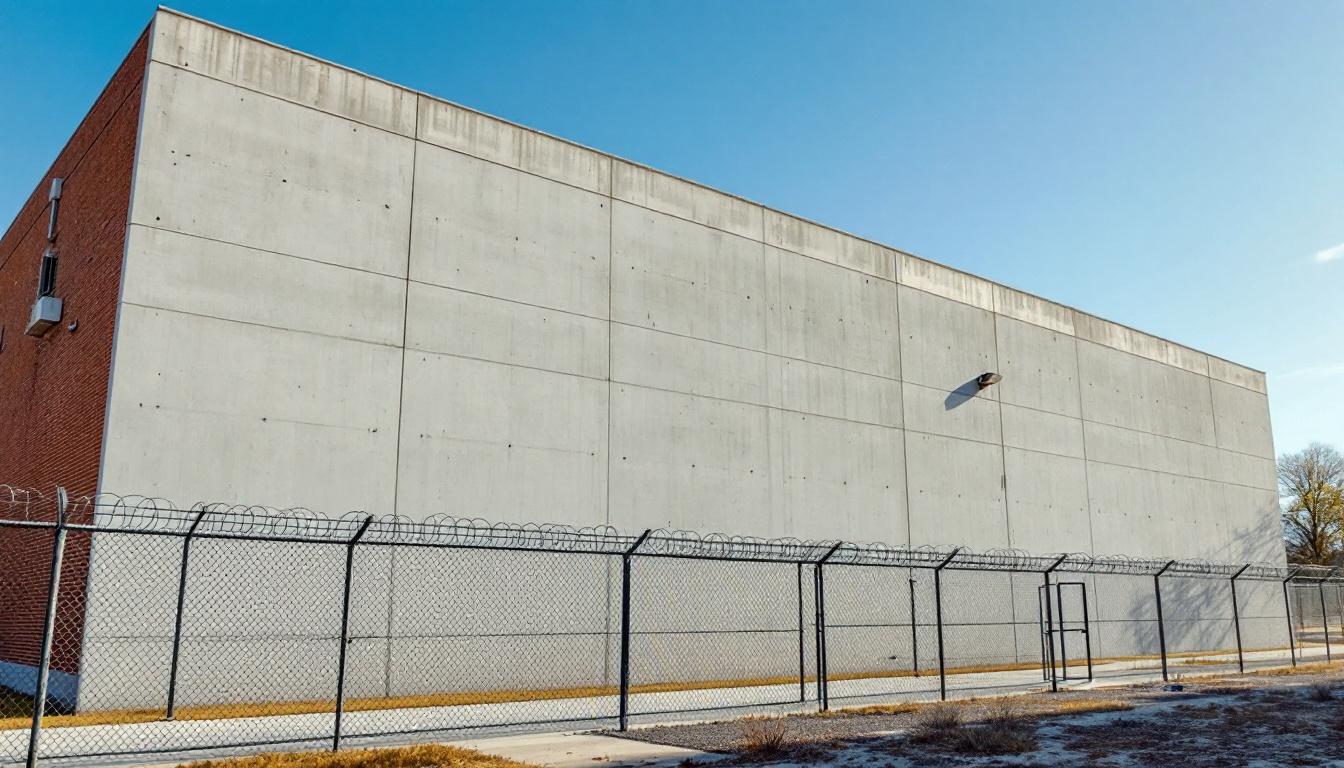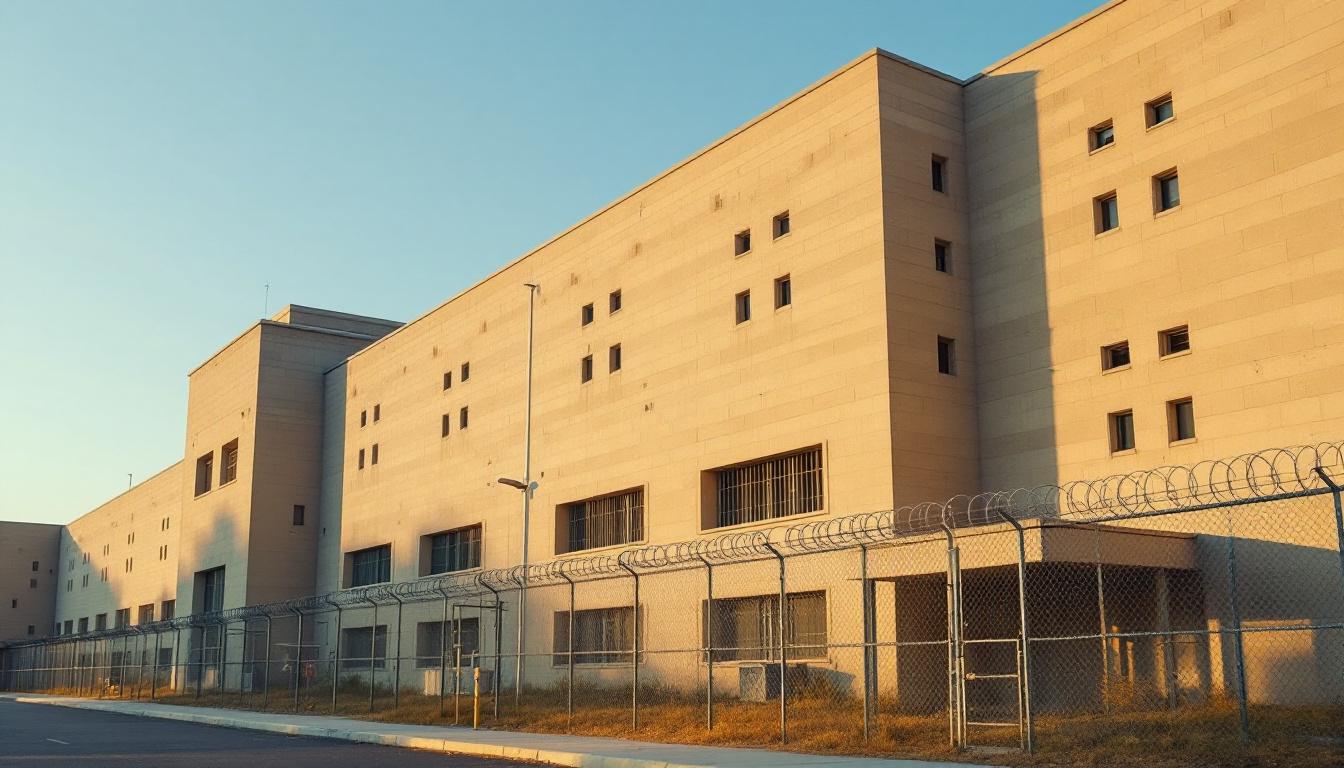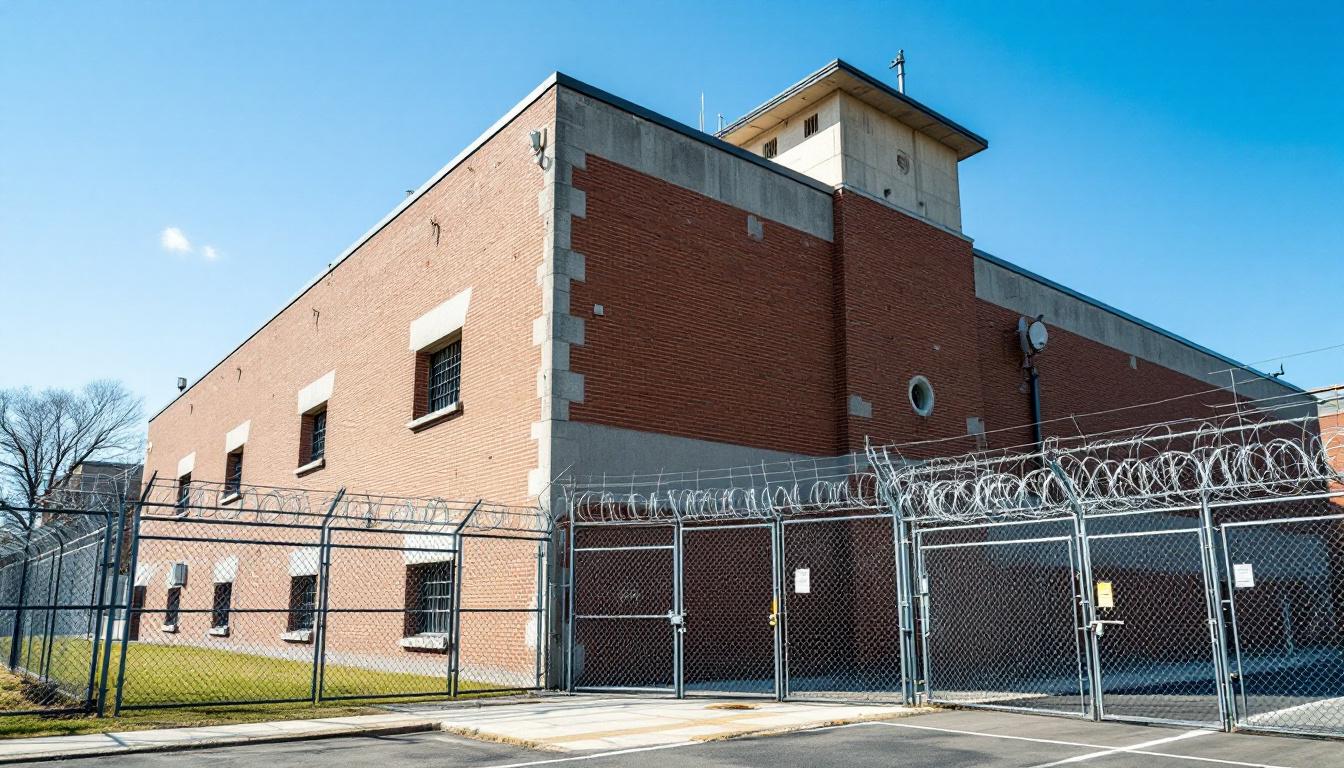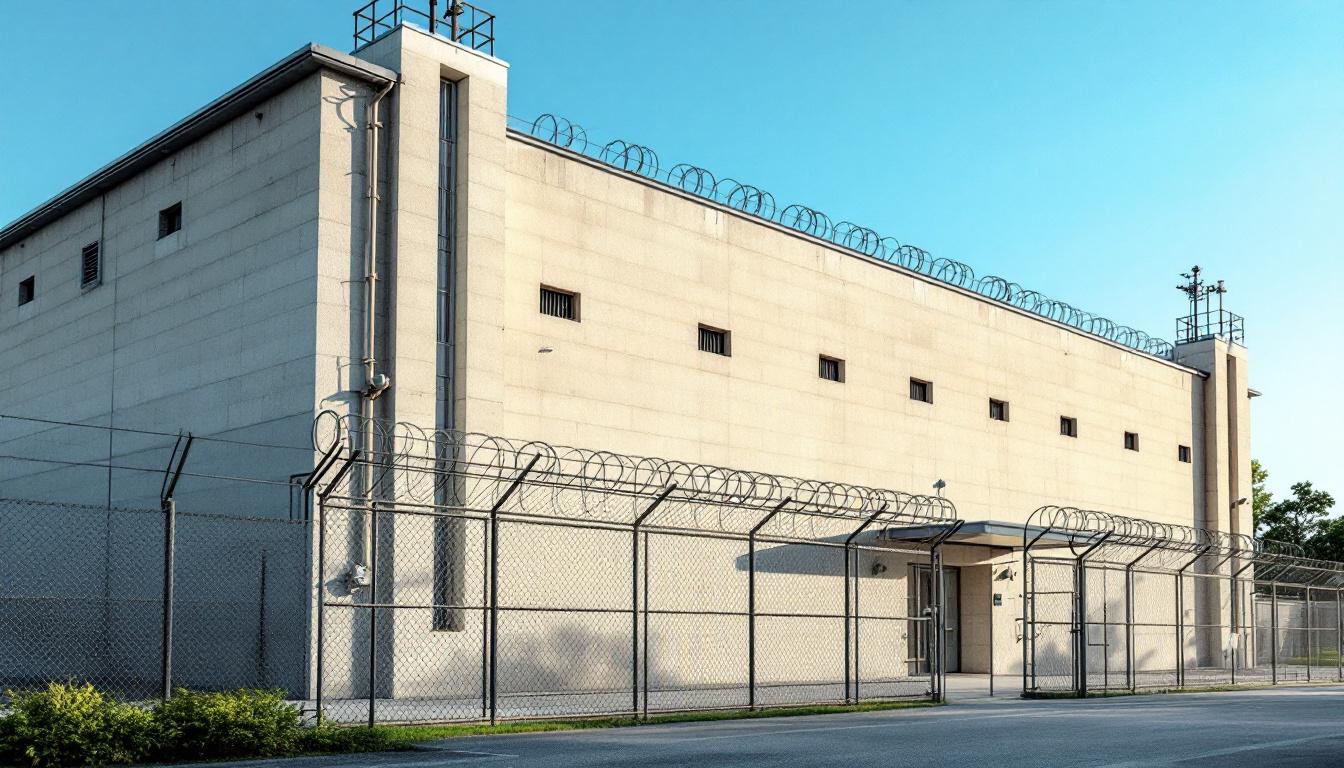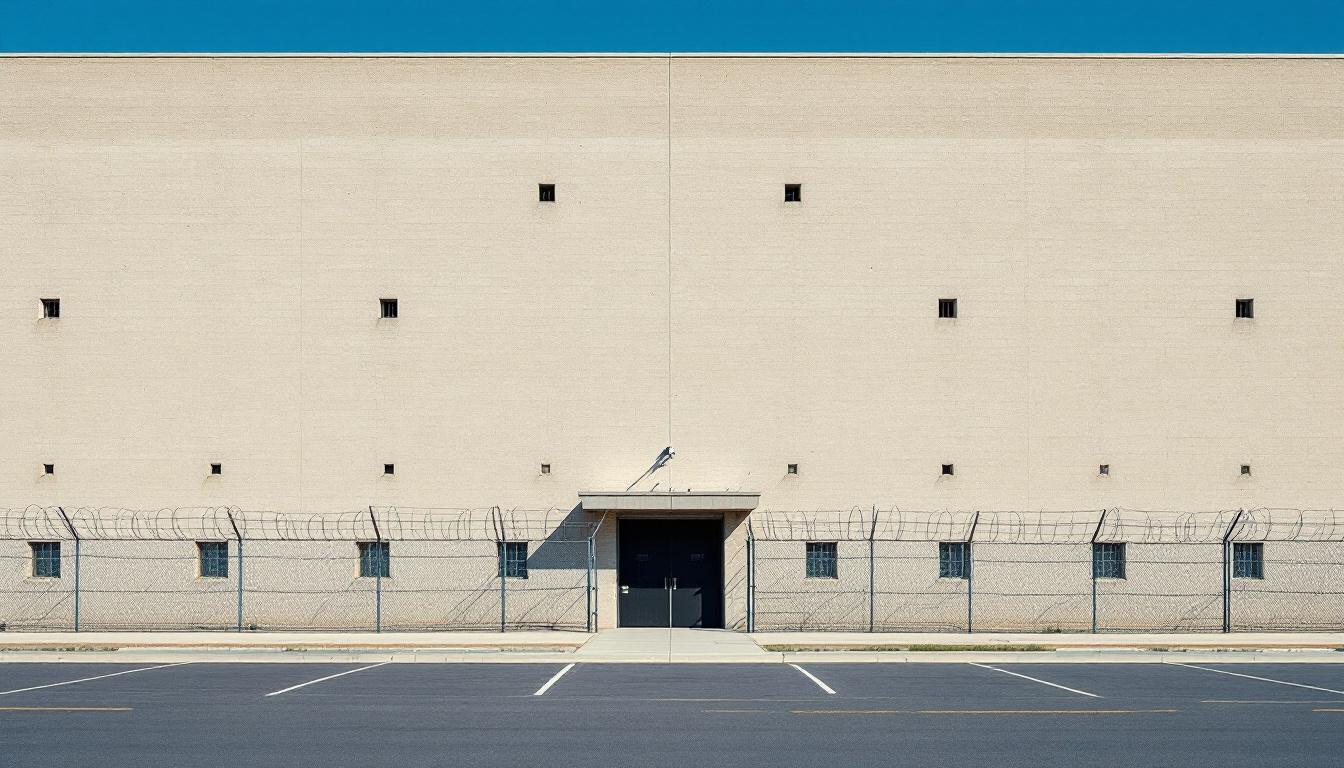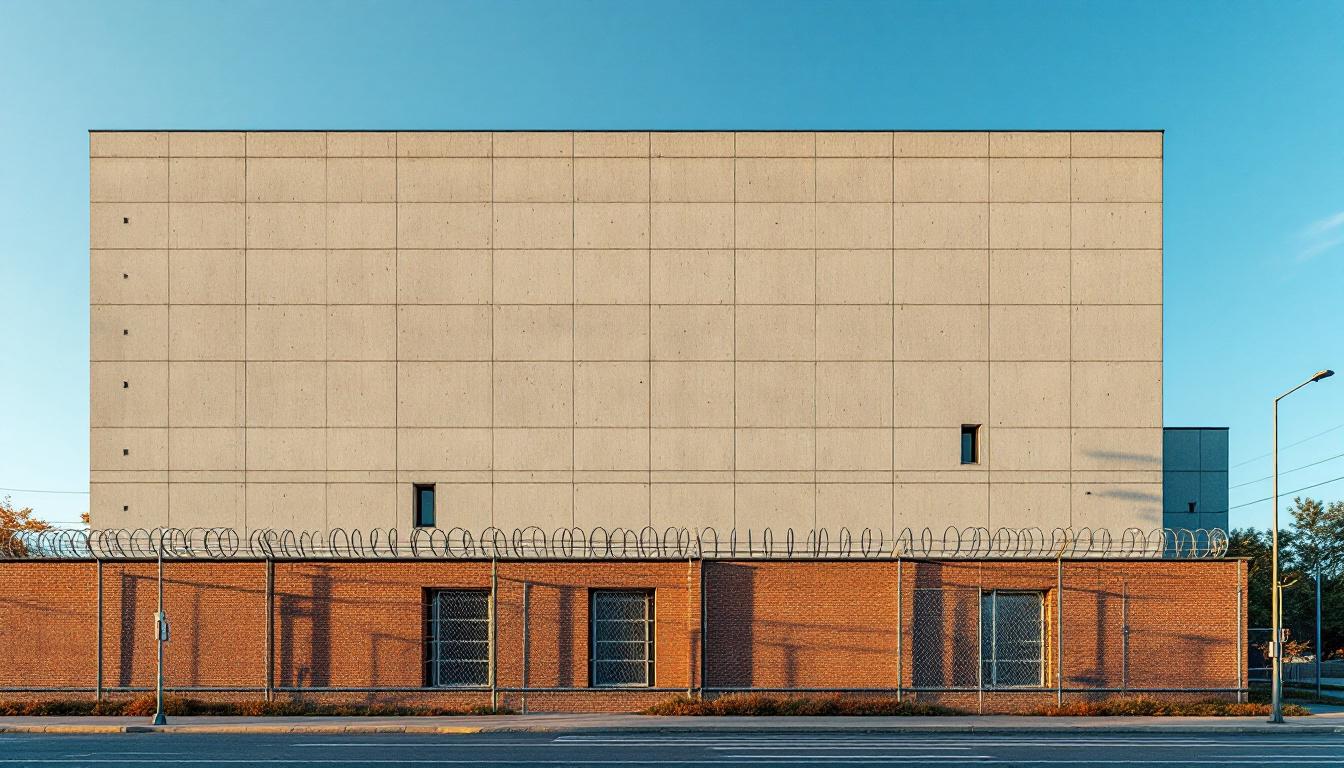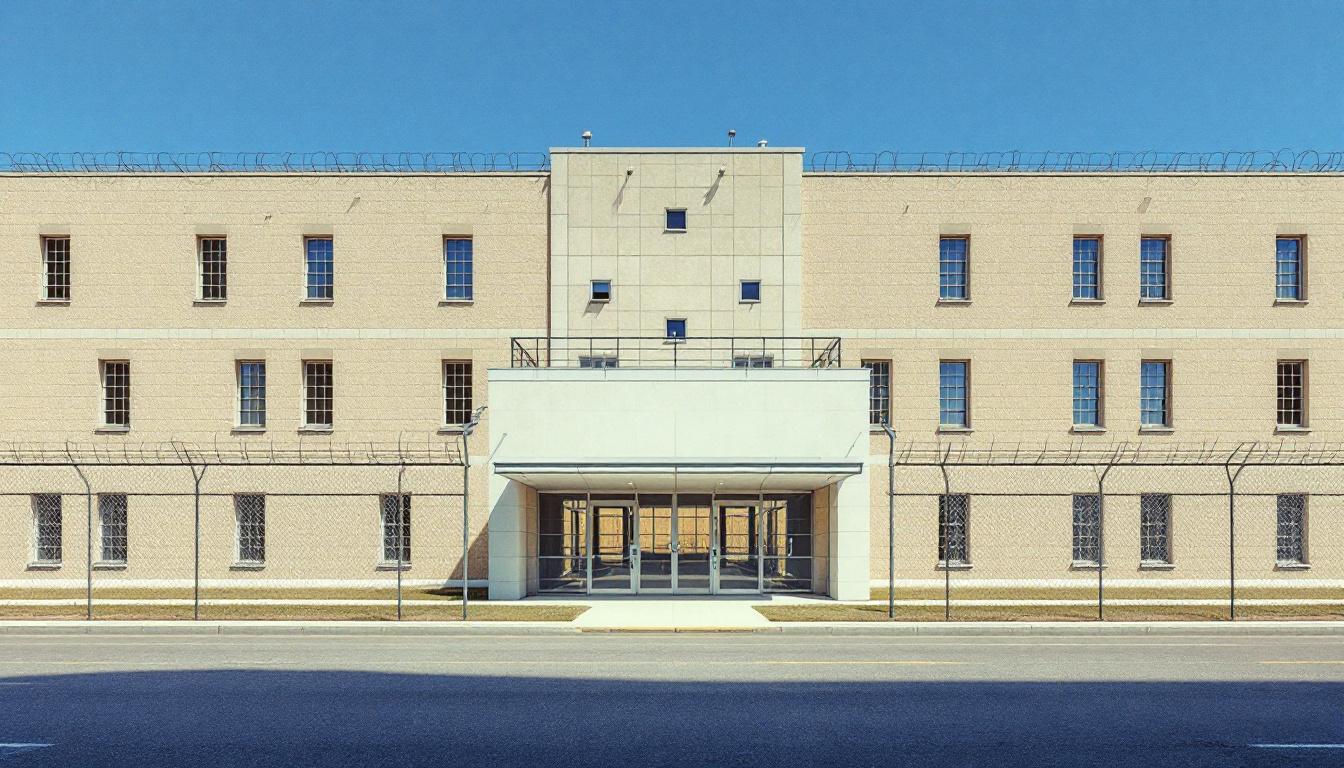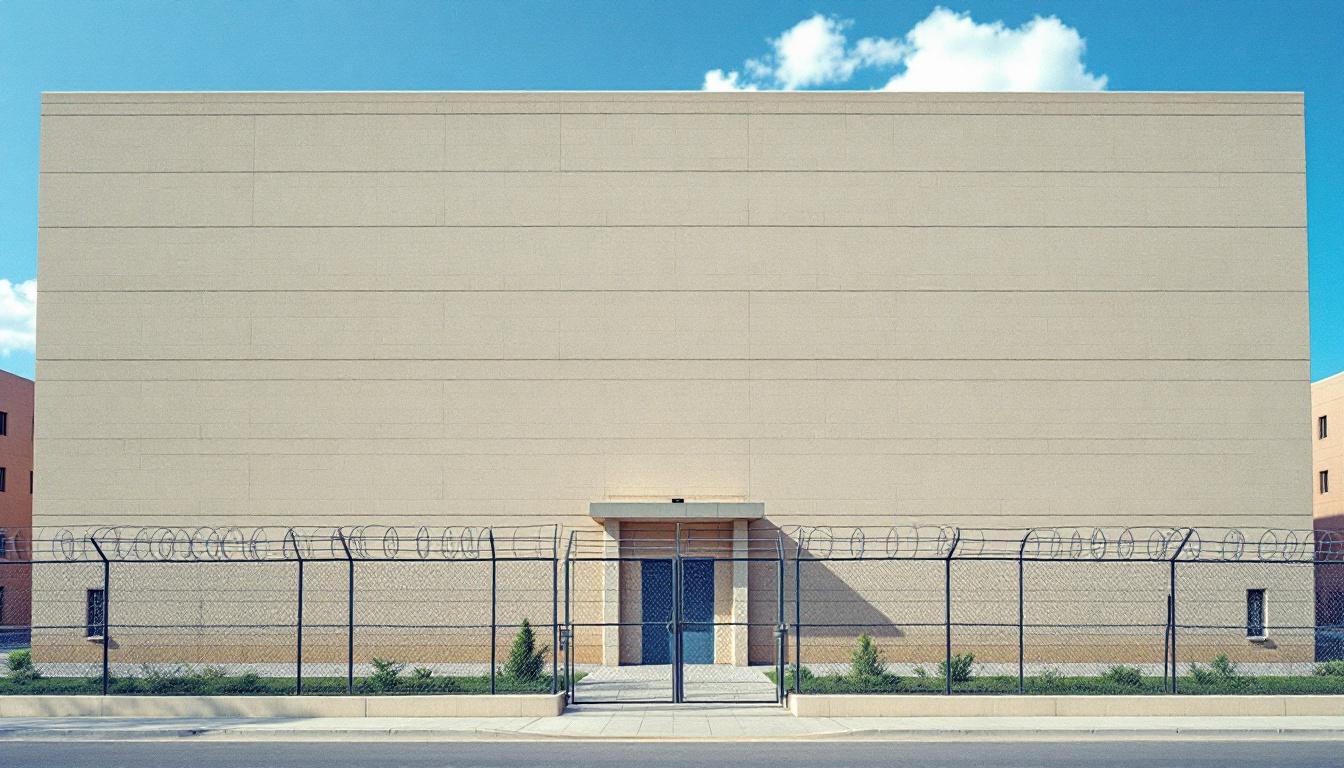
Quick Navigation
How to contact an inmate at Cross City Corrections Department
This comprehensive guide will walk you through how to connect with an inmate at Cross City Corrections Department. Follow the steps below to find an inmate and send letters and photos:
- Search for the inmate using our search tool below
- Create your account or log in to Penmate
- Write your message (up to 6,000 characters)
- Send instantly - inmates receive printed copies daily
Find an Inmate
Search for an inmate to start communicating today
Tip: You can search by first name, last name, or inmate ID number
To contact a person at Cross City Corrections Department start by searching for the person on the official facility website. Perform a search by following these steps:
- Step 1: Enter their first name and last name into the search form and click "Search"
- Step 2: Locate their inmate record
- Step 3: Write down their Inmate ID and any housing information provided
Important! Be sure to enter the person's full name. Nicknames should not be used.
How to Send Messages to Inmates

You can use your phone or computer to send emails, letters, and photos to an inmate. Messages are sent electronically to inmate tablets or kiosks at the facility. If you would like to send a message, start by searching for an inmate at Cross City Corrections Department.
Sending Photos and Postcards

A great way to send love and support to a loved one at Cross City Corrections Department is to send photos and postcards. It only takes a few minutes to send photos from your phone and it makes a huge difference. You can also mail postcards with words of support and inspiration, or design your own postcard for special moments like birthdays and holidays.
Important! Be sure not to send any explicit photos or they may not be approved by the facility. You can also use a photo printing app like Penmate to make sure your photos are printed at the correct size (4x6 or 3x5) and are mailed according to the rules and regulations of Cross City Corrections Department.
Frequently asked questions about Cross City Corrections Department
-
How long does it take to deliver a message?
If you're sending an email message your letter is usually delivered within 24-48 hours. For messages sent via mail you should expect delivery within 3-7 days. All messages will need be approved by Cross City Corrections Department.
-
How much does it cost to send a message to Cross City Corrections Department?
You can send a message free using your phone or mail a message via USPS for the price of a $0.60 stamp and envelope. You can also purchase credits or e-stamps from services starting at $1.99.
-
What services can I use to contact an inmate at Cross City Corrections Department?
Penmate
You can use Penmate to send letters and photos to an inmate from your phone. It's an easy way to stay in touch during your loved one's incarceration. Use the inmate locator to find an inmate's location and contact information, then you can send messages within a few minutes.
Securus messaging
Securus may be another option for communicating with an inmate at Cross City Corrections Department. You can create a friends and family account and purchase credits to send messages. All messages will be reviewed and must be approved by the facility.
JPay
Some county jails and state prisons may support sending messages with JPay. You must register an account with the system, find your loved one, and purchase stamps to send messages. For some locations you can also attach photos.
Smart Jail Mail
You may also check if Smart Jail Mail is available at Cross City Corrections Department. Smart Jail Mail is operated by Smart Communications and has contracted with some state and county jails. After purchasing credits, your messages and photos are sent to the facility, printed out, and then handed out to your loved one.
-
What is the mailing address of Cross City Corrections Department?
Mailing address:
Cross City Corrections Department
568 NE 255th St
Cross City, FL 32628
Phone: (352) 498-4444Business hours:
- Monday: Closed
- Tuesday: Closed
- Wednesday: Closed
- Thursday: Closed
- Friday: Closed
- Saturday: 8:15 AM – 3:00 PM
- Sunday: 8:15 AM – 3:00 PM
-
What are the visiting hours at Cross City Corrections Department?
Visiting hours at Cross City Corrections Department vary by housing unit and security level. Generally, visits are scheduled on weekends and holidays, with some facilities offering weekday visits. Contact the facility directly at (352) 498-4444 or check their website for the current visiting schedule. Visits typically last 30-60 minutes and must be scheduled in advance.
-
What items are prohibited when sending mail to Cross City Corrections Department?
Prohibited items typically include: cash, personal checks, stamps, stickers, glitter, glue, tape, staples, paperclips, polaroid photos, musical or blank greeting cards, hardcover books, magazines with staples, and any items containing metal or electronics. Only send letters on plain white paper with blue or black ink. Photos must be printed on regular photo paper (no Polaroids). Always check with Cross City Corrections Department for their specific mail policies.
-
How do I send money to an inmate at Cross City Corrections Department?
You can send money to an inmate at Cross City Corrections Department through several methods: 1) Online using JPay, Access Corrections, or the facility's approved vendor, 2) Money orders mailed directly to the facility with the inmate's name and ID number, 3) Kiosks located in the facility lobby, or 4) Over the phone using a credit or debit card. Fees vary by method, typically ranging from $2.95 to $11.95 per transaction.
-
Can I schedule a video visit with an inmate at Cross City Corrections Department?
Many facilities now offer video visitation as an alternative to in-person visits. At Cross City Corrections Department, video visits may be available through services like Penmate, Securus Video Connect, GTL, or ICSolutions. Video visits typically cost $10-20 for 20-30 minutes and must be scheduled in advance. You'll need a computer or smartphone with a camera and reliable internet connection. Contact the facility for their specific video visitation policies and approved vendors.
-
What identification do I need to visit an inmate at Cross City Corrections Department?
All visitors must present valid government-issued photo identification such as a driver's license, state ID, passport, or military ID. Minors must be accompanied by a parent or legal guardian who can provide the minor's birth certificate. Some facilities require visitors to be on the inmate's approved visitation list, which may require a background check. Contact Cross City Corrections Department for specific ID requirements and visitor approval procedures.
-
How can I find out an inmate's release date?
To find an inmate's release date at Cross City Corrections Department, you can: 1) Use the online inmate search tool if available, 2) Call the facility's records department, 3) Contact the inmate's case manager or counselor, or 4) Have the inmate provide this information during a call or visit. For privacy reasons, some facilities only release this information to immediate family members.
Facility Overview
Contact Information
Cross City Corrections Department568 NE 255th St
Cross City, FL 32628
Phone: (352) 498-4444
Official Website
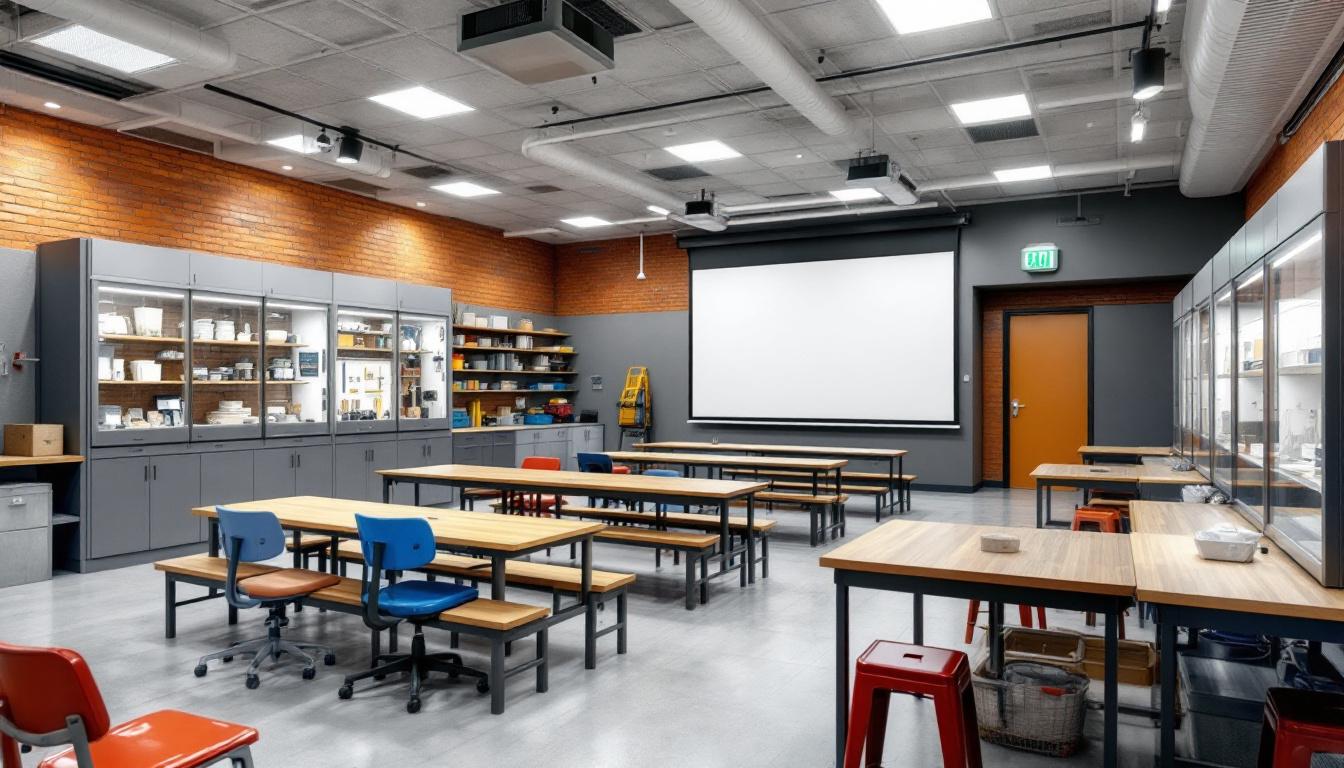
About Cross City Corrections Department
Correctional facilities across Florida's rural communities serve as integral components in the state's comprehensive approach to public safety and offender rehabilitation, with Cross City C.I. exemplifying this collaborative framework within the heart of Dixie County. Through systematic processes that prioritize both security and reintegration preparation, this FL correctional facility operates within established protocols designed to support gradual community reentry while maintaining essential safety standards for staff, residents, and surrounding neighborhoods.
The facility's operational approach typically emphasizes structured programming that may include educational opportunities, vocational skill development, and behavioral intervention services designed to address underlying factors contributing to criminal behavior. Cross City C.I. generally coordinates with various state agencies and community organizations to facilitate the population services that support successful transitions back into society. These collaborative efforts often focus on developing practical life skills, addressing substance abuse issues when applicable, and maintaining family connections that research suggests can significantly impact long-term success rates.
Located in Cross City's rural setting, the facility benefits from the community-centered values characteristic of smaller Florida towns, where correctional operations often integrate more seamlessly with local economic and social structures. This regional context typically allows for programming approaches that may emphasize agricultural work opportunities, maintenance skills training, and other practical competencies valued in rural employment markets. The facility's role within Florida's broader correctional system generally involves supporting the state's goals of reducing recidivism through evidence-based practices while maintaining cost-effective operations that serve taxpayer interests and public safety priorities.
Programs & Services
Through a comprehensive framework of therapeutic interventions and skill-building initiatives, Cross City Correctional Institution cultivates an environment where the population can develop essential competencies for successful community reintegration. The facility's approach emphasizes holistic development, recognizing that meaningful change occurs when individuals have access to diverse opportunities that address both immediate needs and long-term goals. This multifaceted methodology typically encompasses educational advancement, vocational preparation, and therapeutic support, creating pathways for personal growth and sustainable transformation.
Educational programs serve as foundational elements in preparing the population for post-release success, often including literacy development, GED preparation, and academic coursework that may supply college-level learning opportunities. These educational initiatives work in conjunction with comprehensive job readiness training that typically focuses on developing marketable skills and professional competencies. The vocational components often include hands-on training in various trades and industries, helping participants build practical expertise while fostering confidence in their ability to secure meaningful employment upon release.
Additionally, therapeutic programs address underlying issues that may have contributed to criminal behavior, with substance abuse treatment serving as a cornerstone of rehabilitation efforts. The facility typically offers specialized interventions designed to help individuals develop healthier coping mechanisms and decision-making skills. Support services often include work release opportunities that allow gradual community reintegration, while programs focusing on healthy relationships and conflict resolution provide essential interpersonal skills. Building maintenance programs may supply practical work experience while contributing to facility operations, creating a sense of purpose and responsibility that supports the overall rehabilitative mission.
Daily Life & Visitation
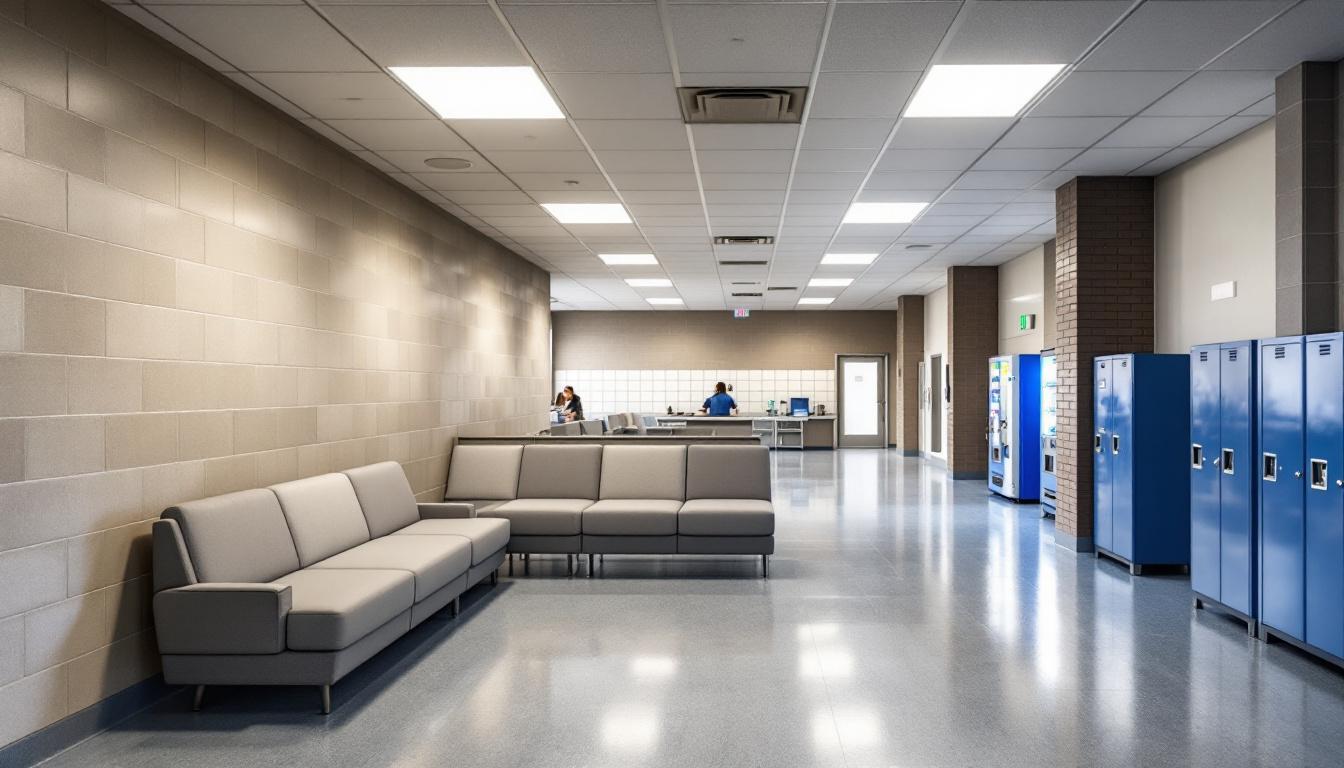
Organizational frameworks and established protocols shape every aspect of the experience for the population at Cross City Correctional Institution, where structured schedules and systematic procedures create predictable patterns that govern daily activities. Today's routine consistently begins with early morning count procedures, followed by meal service in designated dining areas, and transitions through work assignments, educational programming, and recreational periods that supply essential structure to institutional life. The population typically moves through these scheduled activities in coordinated groups, with staff supervision ensuring orderly transitions between housing units, work areas, and program locations throughout the facility.
Living accommodations generally consist of dormitory-style housing units where the population resides in shared spaces designed to accommodate multiple individuals, with personal property allowances that may include approved clothing, hygiene items, and limited personal effects stored in designated areas. Additionally, the facility typically provides basic furnishings and bedding, while commissary services usually allow residents to purchase approved items that supplement their daily needs. Meals are generally served in central dining facilities at scheduled times, with the population moving in organized groups to ensure efficient service and maintain facility security protocols.
While structured programming schedules often include educational classes, vocational training opportunities, and counseling sessions designed to support rehabilitation goals, recreational activities typically supply important outlets for physical exercise and social interaction within approved parameters. The facility generally maintains visitation policies that allow family members and approved visitors to maintain contact during designated hours, often supplemented by telephone privileges and correspondence opportunities that help preserve important family connections. Work assignments throughout the facility usually provide the population with opportunities to contribute to daily operations while developing job skills, with positions that may include food service, maintenance, laundry operations, and facility cleaning duties that support the institution's functioning.
Ready to Connect?
Start communicating with your loved one today
Search for an Inmate
